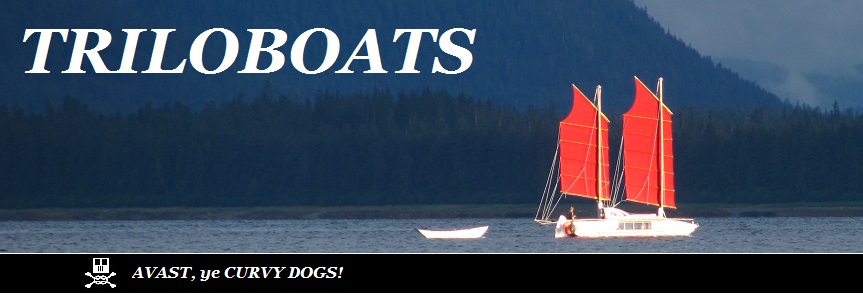 |
Heh. Clever. But I believe...
A generalist knows more and more about more and more
until eventually s/he knows something about everything. |
A human being should be able to change a diaper, plan an invasion, butcher a hog, conn a ship, design a building, write a sonnet, balance accounts, build a wall, set a bone, comfort the dying, take orders, give orders, cooperate, act alone, solve equations, analyze a new problem, pitch manure, program a computer, cook a tasty meal, fight efficiently, die gallantly. Specialization is for insects.
-- Robert A. Heinlein
If one's only tool is a hammer, every problem looks like a nail.
-- The Law of the Hammer
Avoid optimization; Learn to love redundancy.
-- From Nassim Taleb's Phronetic Rules
Optimal is Not Optimal: The Sweet of Suites
Let's get it said, upfront. I'm a Generalist. Jack of Many Trades. Proud Master of None.
I'm much less drawn to Rules than to Rules of Thumb. I admire precision, but prefer the loose fit. I'll take one-size-fits-most over tailor-made any day of the week.
So here's the problem with Optimal. It is by definition the very best solution for a particular problem. Often very particular problem. A problem one can foresee with great confidence and specificity. A can opener. A mouse trap. A barrel bolt. These things have solutions that are pretty durned optimal and are notoriously hard to improve upon.
But problems abound, and each has its own, special way of driving us bugnutz.
Generalized (sub-optimal) tools and approaches cover a much wider range of problems. So wide that they often spill over into other whole species of problem. A suite of generalist tools - especially those which work well together - cover a very wide range indeed.
In discussions I read on the subject, Specialized vs General evaluations tend to measure in degrees of Success (often vs Failure). For example, a Specialized tool has a high degree of success, but only at a narrow task. The Generalized tool is assessed at some lower degree of success, but over a swathe of loosely related tasks. Most such writers argue for the General.
What I think is often missed is that Efficiency is a much better standard. The Generalized tool will succeed... it just takes longer for a small fraction of that range. That it does so over a wider range of problems is a better measure of its advantage over Optimal. It is less efficient at one particular task, but more efficient overall.
 |
| Veritas rabbet planes |
Consider the Rabbet Plane vs the Chisel.
I'm not knocking the Rabbet Plane. This one by VERITAS is a well designed thing of beauty and a boon to the task. If your life calls for a lot of rabbets, it may pay its way. But it's not happy performing most of the other chores one asks even of a plane. Very bottom line, it's a specialized Chisel.
But which fits better into a limited space toolbox? Which is less expensive to purchase? To replace or repair? Can it do any single thing a chisel cannot? No. Can a chisel do things it cannot? Let me count the ways... (okay, I won't... you get the picture).
Another important consideration is reliability. Given quality components, this is the product of simplicity (less to go wrong) and imprecision (loosely 'coupled' components).
Okay, I once said, I get KISS. But imprecision is a virtue???
Turns out that precise, tightly coupled systems are prone to failure. The kind of failure that chewing gum and baling wire can't fix. A little sand in the finest Swiss watch and it will drop to merely semidiurnal success. But one can make a sundial with a stick stuck into sand. If it gets kicked over, stick it again and recalibrate. [We can also use that stick to lean on, plant a seed, pry a up a rock, bind a tourniquet, whack a mole...]
Efficiency, as I mentioned, is a factor here... that sundial has its limitations in this regard. Cost / benefit analysis is the guide. That stick is very efficient, in its modest way.
A final point I seldom if ever see discussed is how well tools (or approaches) work together in suites (combinations). What I call the sweet of suites.
Simple, generalized tools can join forces to accomplish almost anything! Their areas of efficacy overlap, affording redundancy and choice. A heavy screwdriver can be a prise bar can be a chisel can be a lever can be a...
NOTE: We are strictly warned against abusing a tool beyond its designed purpose. HA.
A sweet suite of tools, skills, approaches, methods, guidelines... what-have-you... covers the ground. Covers it better, to my mind, than any ungainly heap of one-shot wonders.
Sweet.
NOTE: I realize that all this is, in fact, a spectrum. At the KISS extreme, brain + opposable thumbs are as simple as it gets, and all the others are to some degree specialized. The kind of optimal we look for will always be the happy middle ground.



